A (Vaccine) Remedy against the Default Negativity Virus in Croatia
February 7, 2021 - A fountain of Dutch positivity in rural Karlovac county has developed a vaccine to combat the lethal default negativity in Croatia. Meet the ten steps.
It all started 6 days ago when I was looking around for a happy story to balance the misery of protests, corona and economic gloom. I chanced upon an article by one of the happiest people I know in Croatia, Dutchman Rene Pronk, who has been living in rural Croatia for 8 years. He had written a really nice piece called 20 Reasons Why Croatia is the Best Place for Living. A nice, positive story which was quick and easy for me to write, would generate traffic for sure, but mostly would sprinkle some specks of happiness in these less than happy times.
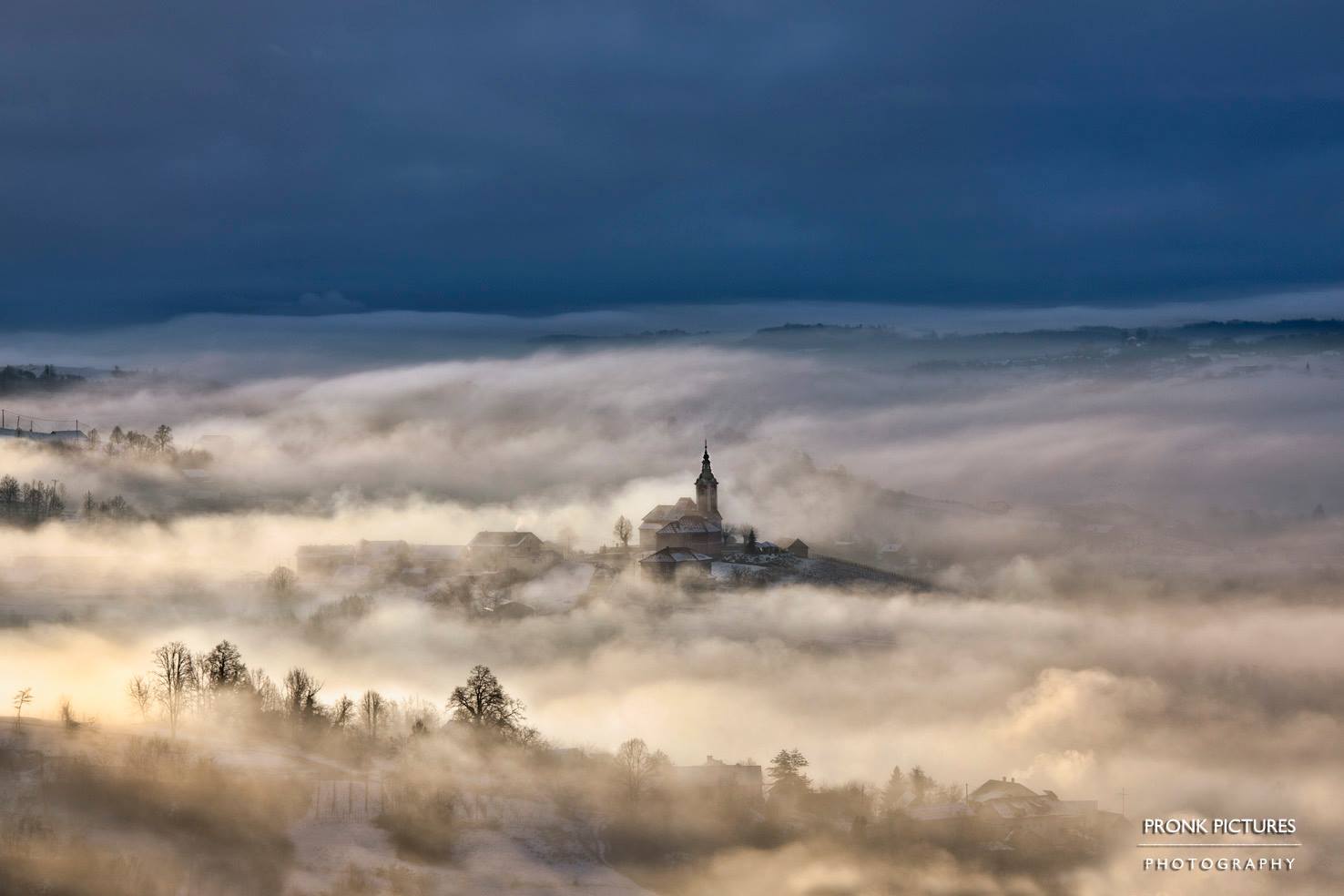
At least that was the plan...
The negative voices were first out of the blocks as usual, so much so that it all merited a follow-up article - What Happens When a Foreigner Writes Positively about Living in Croatia?
This merited yet more dismissive remarks, including an interesting discussion on how there were no foreigners moving to Croatia to work in roles other than top management in Croatian companies. The foreign writers writing for TCN didn't qualify for some reason, as the owner is a foreigner, at which point young Rimac popped into the comments to mention that he employs more than 100 foreigners in his Croatian company, for example.
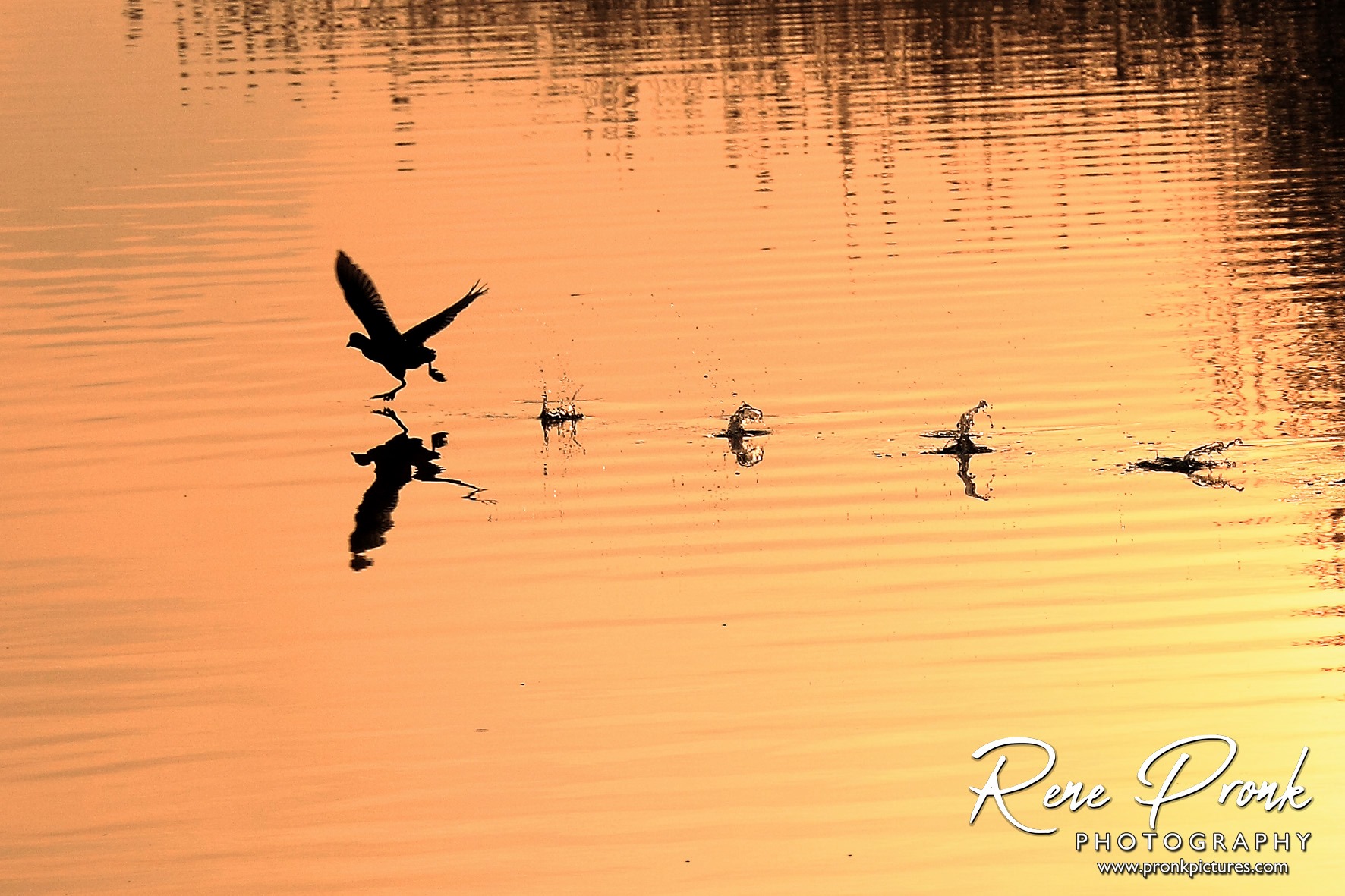
The point of the second article was to highlight a beautiful response from Rene when I asked him about what he was running from in his home country, how many millions he had, and which secret service he was working for (all labels and assumptions foreigners are subjected to here). His lovely response can be read in the link above, but as part of it, he mentioned that he had developed a vaccine against default negativity in Croatia.
There were several comments asking to know more about the vaccine against default negativity, including this message all the way from Australia:
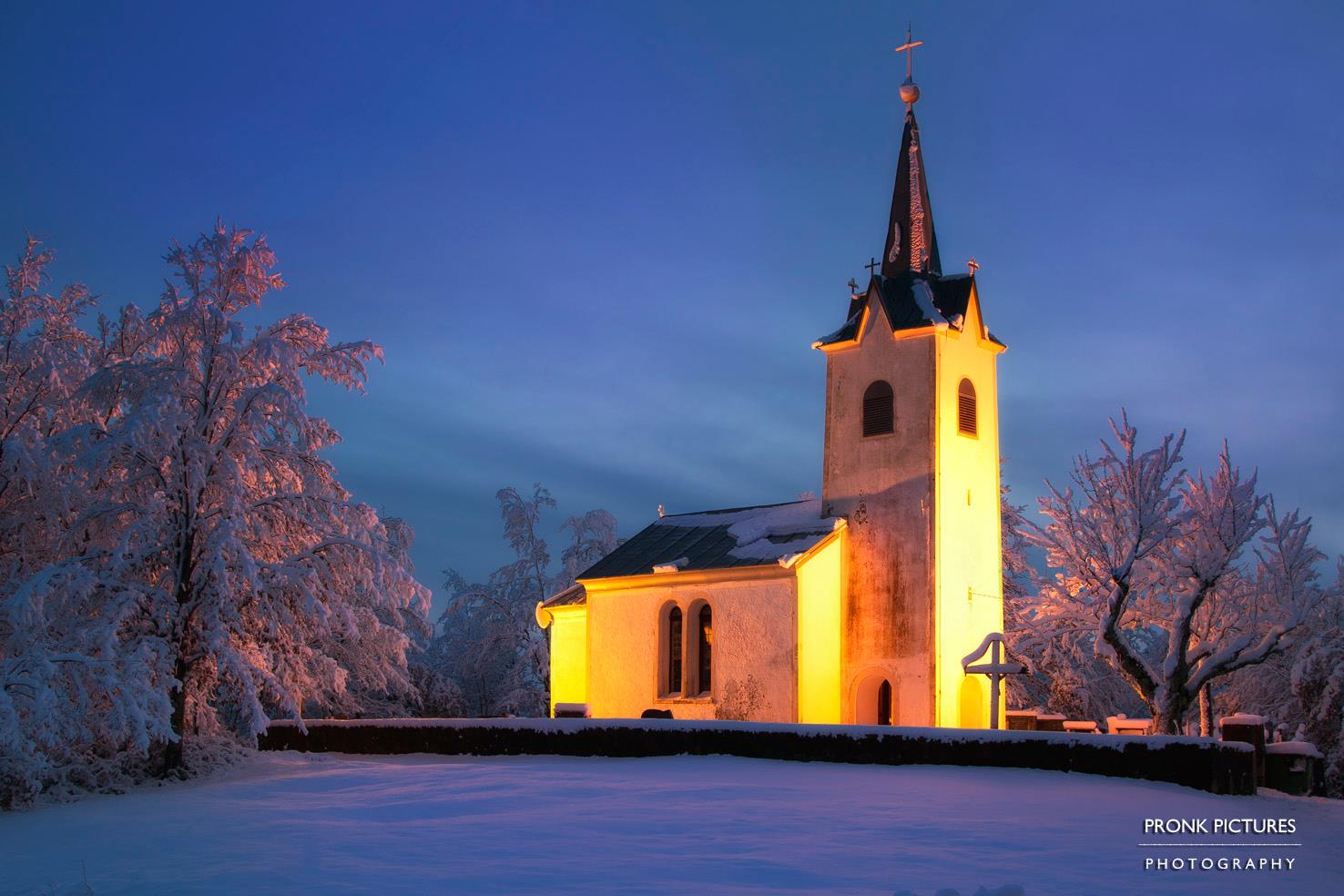
Hi Paul,
I just want to check if you're the guy living in Croatia. If so, I read your article - What Happens When a Foreigner Writes Positively about Living in Croatia. You made me realise something about myself. I'm an Australian Croatian, meaning I'm first generation Australian born of both parents being born in Croatia and as far as I know 100% Croatian ancestory. What I realised about myself is that I too have developed the negativity curse. I'll call it a curse. If the positivity vaccine is able to be sent to me I would be eternally grateful. Ok, I know it's not real, but I wish it was that easy. My father is negative and so was his mother yet his father, my Dida, was the most beautiful man I've ever known. Do you know much more about the negativity in Croatians that you can write about? I have a new interest in this subject now that I'm aware that is not just me. To be honest, it sucks.
Take care.
Glass half empty ?.
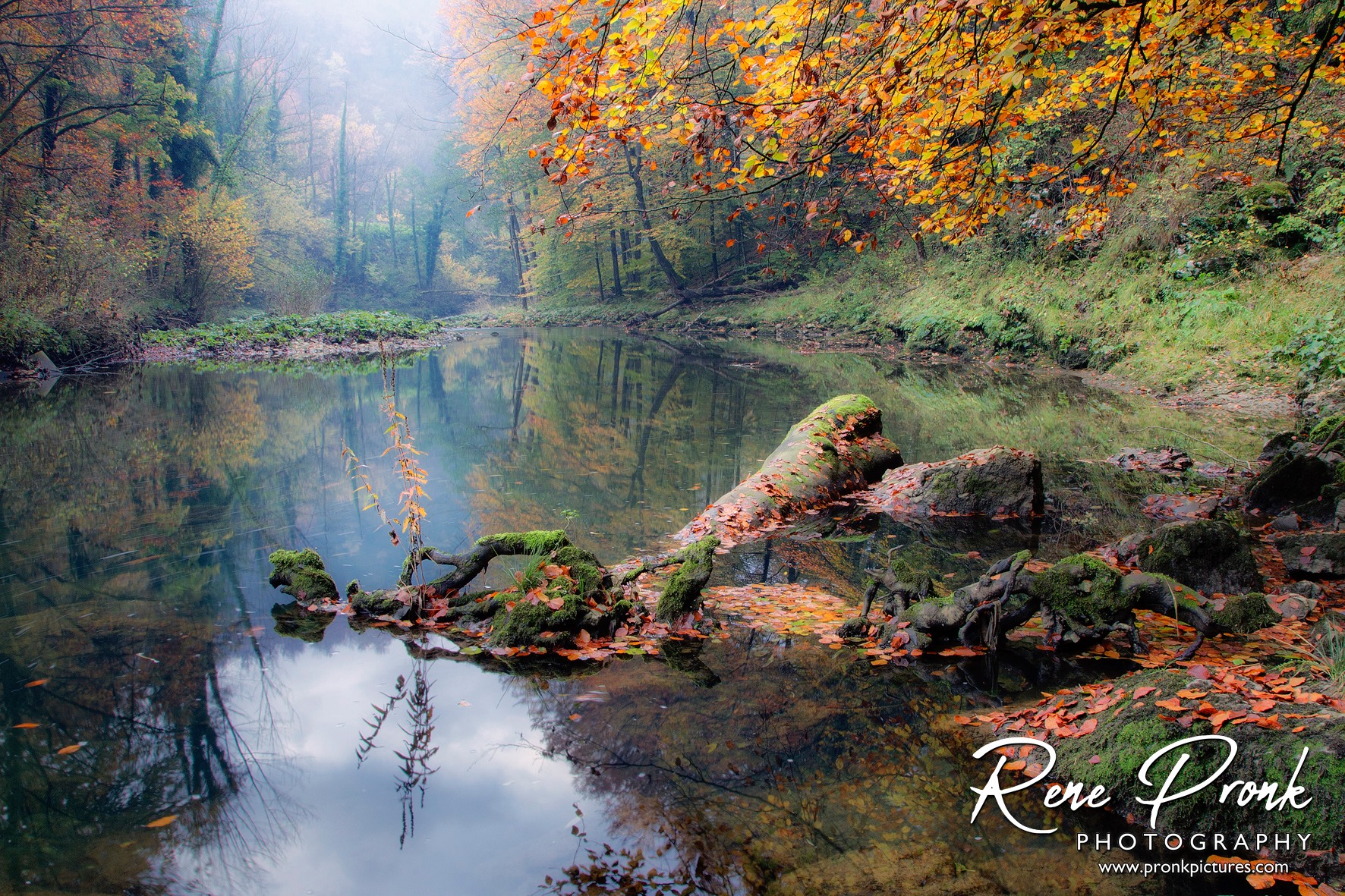
So I asked Rene if he would send me some of the vaccine against default negativity. This is what came back:
When we settled in Croatia in the Summer of 2013 I quickly noticed that it wasn't all about beautiful beaches, great waterfalls, friendly people and clean air. Something was obviously disturbing me but I could not instantly figure out what it was. My wife and I have lived in many different countries all over the planet so it wasn't really the difficulty of adjusting to a new home; neither were we homesick.
I thought it would pass. After all, Croatia was still coping with a big financial crisis that hit so many other countries all over the world as well. But soon I learned that the air that I was breathing had a stubbornly thick substance that was all around; a virus that affected many; negativity.
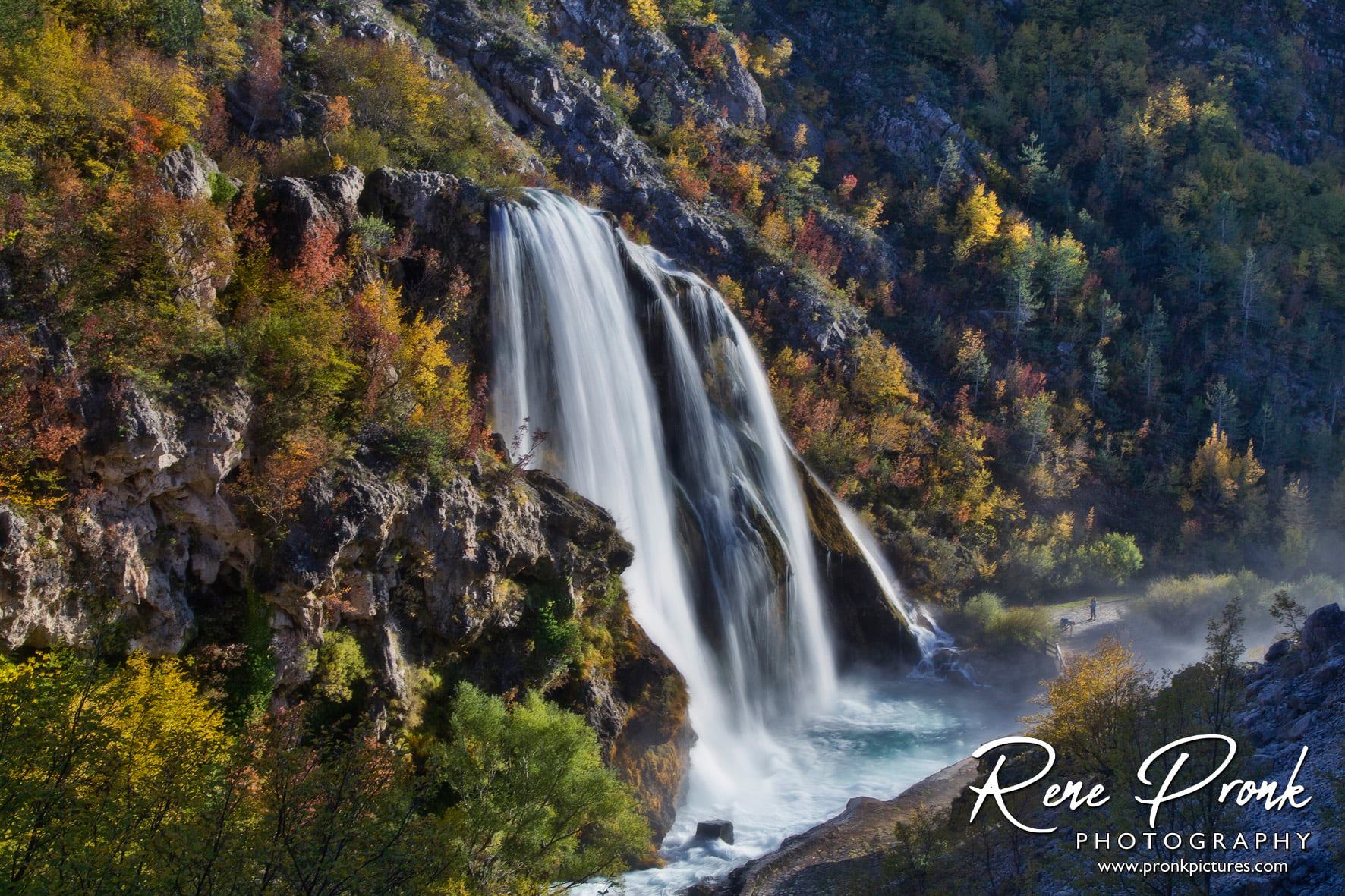
I am not trying to appear here as some positivity guru. Just for your information, I suffered from severe depression for more than seven years in my life. I overcame it and decided that I did not want to get depressed again in Croatia, but neither do I want to fake some optimism that I do not really possess.
I am very serious when I say that Croatia is among one of the best places to live on this planet. Making a living here is of course of a different nature and a quite more complex story for most Croats that do not have access to the right connections. Can life be happy and good in beautiful Croatia?
Is there something we can do to get rid of the default negativity virus? Is there a vaccine? Yes and no. No, there is not a simple and easy way one-time injection. But yes, we can really boost our immune system with some of the ingredients I have written here. And if more people try to practice them Croatia will one day be freed of a virus worse than what we are facing now.
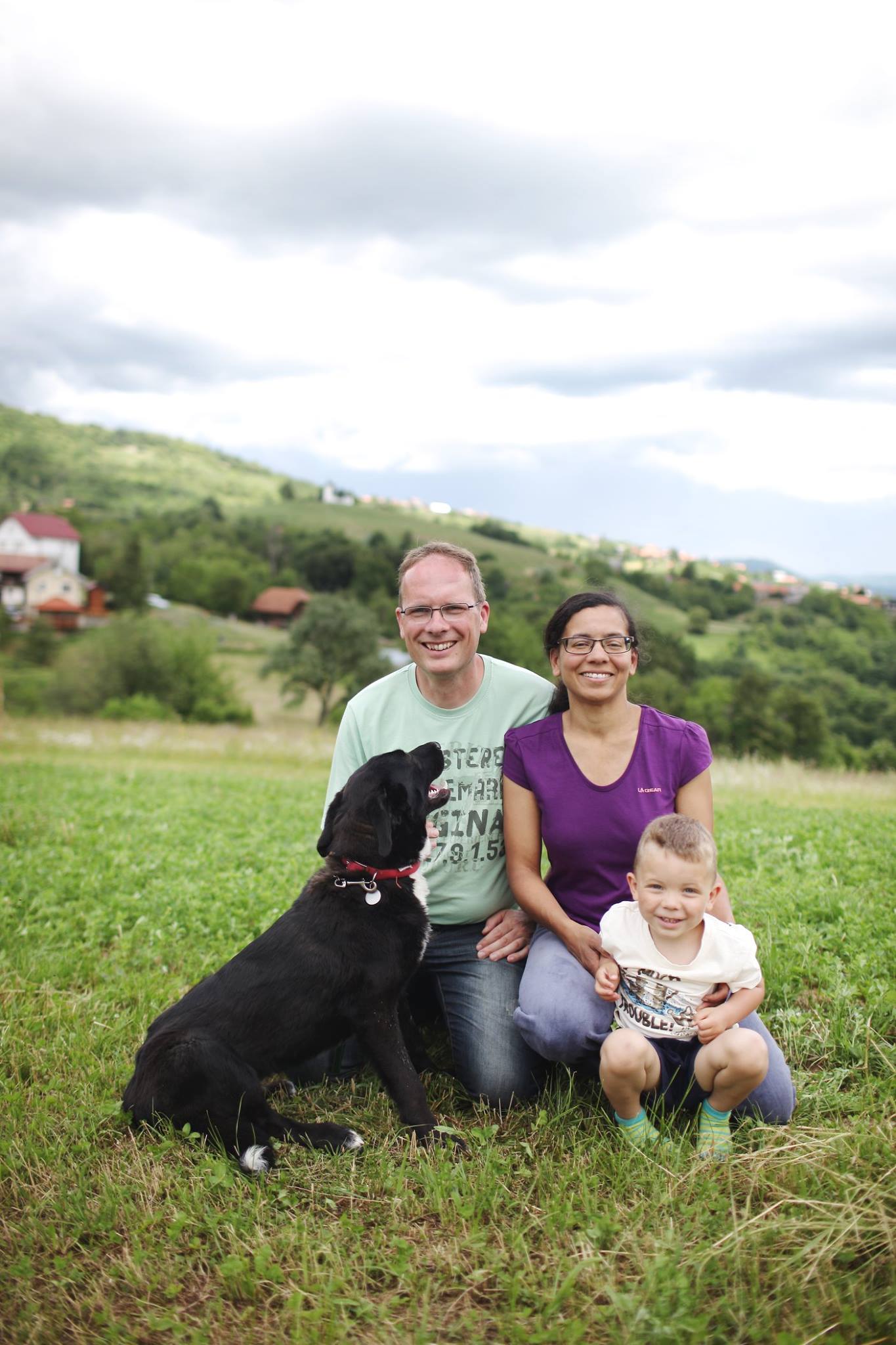
1. Be a fountain, not a sponge
There is a daily decision that we all have to make: Do I want to copy-paste my environment and absorb all the negativity of the media and bad news? Do I want to join the daily number of thousands of government cursors in the coffee bars? Do all my negative and cynical comments on social media contribute to my happiness and that of somebody else? Do I really feel better by judging other people? Frequently expressing ourselves in a negative way about circumstances and others means that we have no connection with the persons we really are. We then choose to be sponges instead of fountains. I realize that the word fountain may cause some question marks for those familiar with the hobbies of Zagreb's mayor. But what I mean is that we need to choose daily either to influence our outside world positively by what we have stored up inside of us or otherwise absorbing all the negativity that goes on around us. Never let circumstances dictate the dreams in our hearts.
2. Exchange fatalism for opportunities
Part of the negativity default in Croatia is the fatalism that unfortunately is deeply rooted in many of the religious mindsets of the people here. Maybe even dating back to the days when parts of Croatia were for centuries under Islamic rule. When something bad happened, it was Gods/Allah's will and there is nothing we can do about it. Well, I see things rather from a different angle. What if we try to make our last failure a diving board for our next success, learn from our mistakes and purify our dreams and plans? If there is a God, wouldn't he be willing to bless instead of making life miserable for us (just suggesting)? Change your parameters on religion and this unproductive fatalism and become an opportunity seeker. What worked against Croatia for so many years can be a huge opportunity to work for Croatia in the years to come.
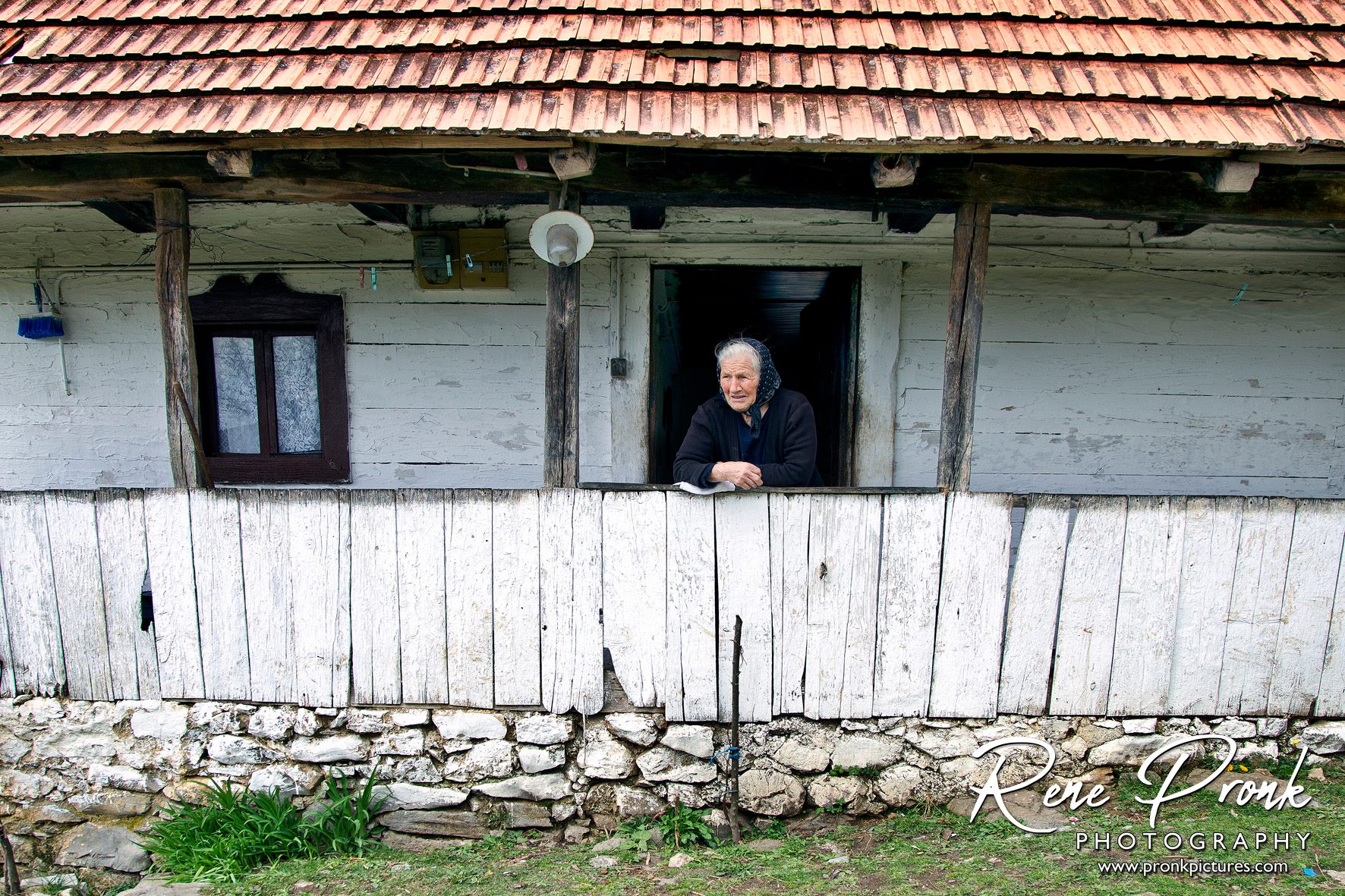
3. Happiness makes us rich
The overall thinking in Croatia is that the foreigner has big bags of money and must, by definition, be extremely happy. Well, I have met some extremely rich Croats with boats in several ports and houses on pretty mouthwatering locations and yet they are not particularly appealing as happy and joyful people to me. In fact, they are pretty unhappy and perhaps they think that their next purchase or career move will bring the joy they so much long for.
I spend much of my time among the "poor" and lonely in some of the most depressing and deserted places of rural Croatia. I drink terrible Turkish coffee in their houses and try to survive some of the most mortal homemade "rakijas". I listen over and over to their stories. These people share their struggles, their hugs and give me some of their eggs and veggies. Rich, very rich people mostly do not have such a habit. In the best case, they support as distant philanthropists. Now, consider, who is really happier?
Those who want to add and gain more and more to their short-lived lives? Or those who can easily let go of things and have time to share and care? Who is really rich in this world?
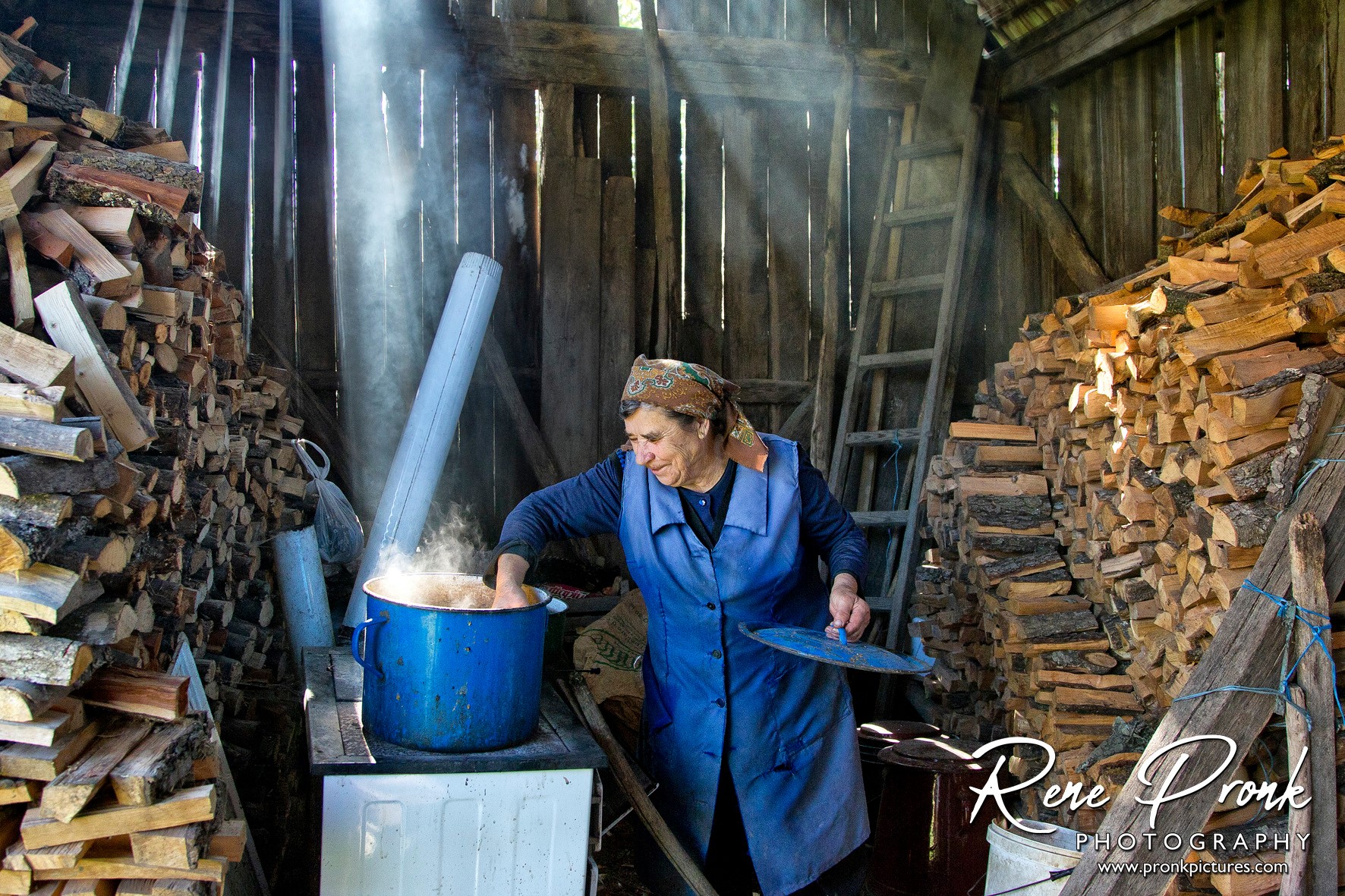
4. I want my neighbor to succeed
One of the worst things in especially rural Croatia is the overall attitude followed by many 'I don't want my neighbor to succeed'. It is deeply rooted in this country and it found its way all the way to the parliament. One particular political party was even selling t-shirts that some other political party is nothing but a bunch of thieves. Not really a very constructive way of expressing your positive plans for a better Croatia. Networking and co-working are subjects best to be avoided, it seems.
We came across that attitude in a very unpleasant way when we started our rural tourism projects in 2004. We learned the hard way what "blufiranje" really means and when personal threats become very serious. It is time for the tide to turn and learn that if we start blessing (speaking positively) our neighbor, countless blessings (positive things) will come to us. That is an unwritten law in the universe really worth trying. When we are convinced of your own positive dreams and plans there is no need to blame and curse neighbors anymore. Working together makes 1 + 1 = 3
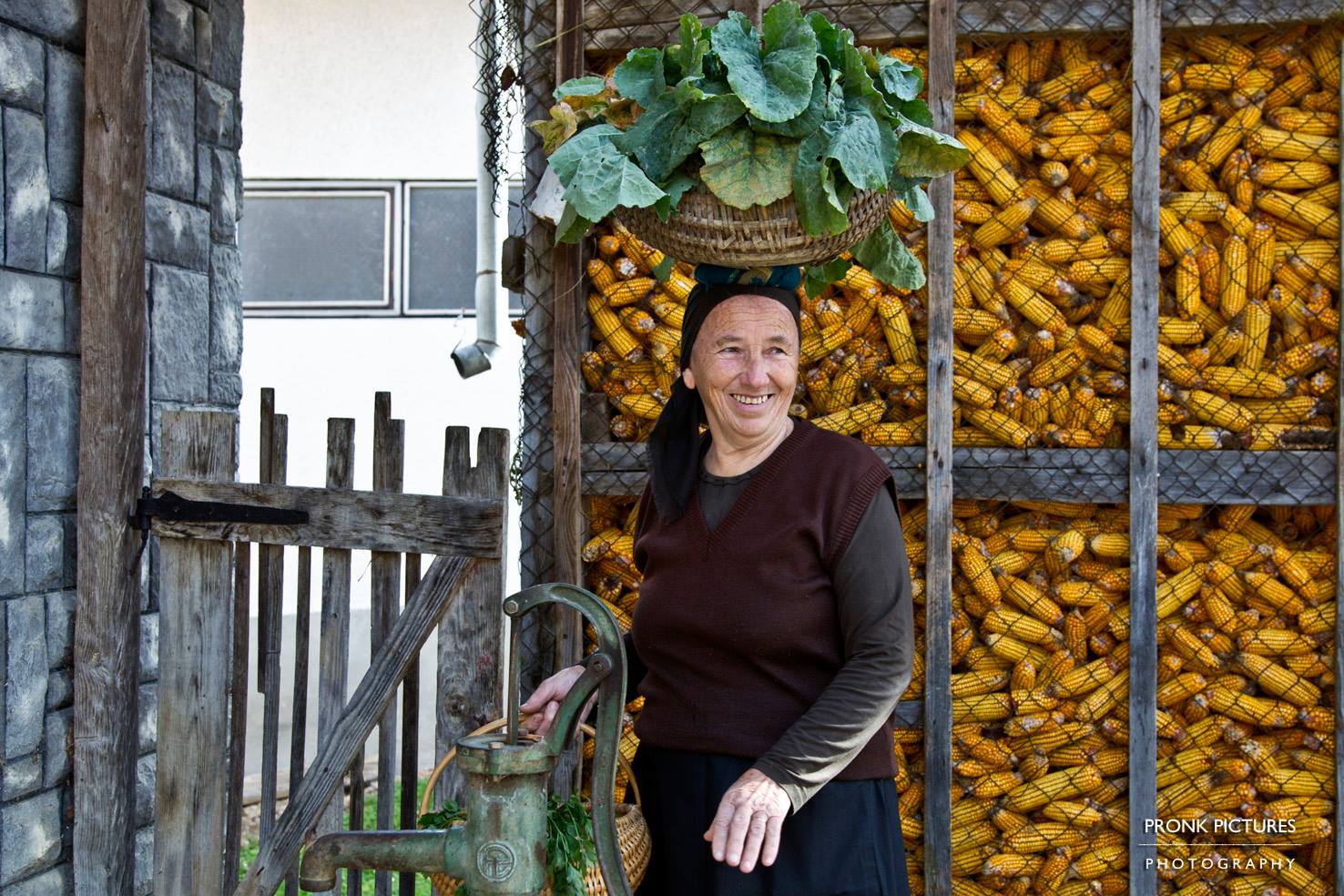
5. There is beauty in everything
Everything waits to be noticed. The biggest problem we are facing in the world right now is not that we are in lockdowns but that the biggest part of humanity is locked up within themselves. Most of the things we do as people we do it with unawareness. If we are not aware we are not present in the "now". And "now", today is the right time to change our life.
As a photographer, I am an opportunity seeker. Even in sometimes seemingly ugly situations, a wonderful picture can be born if the right light falls on it. Just be present and accept difficult and unpleasant situations. Wait a little for the right light and we will see things differently. Create a mental picture and begin to believe in it. This is for instance how I look at Karlovac. It was once one of the most beautiful cities in Croatia. Now it is in a very deplorable state. But the eyes of a believer still see the beauty that once was and hopefully will be again.
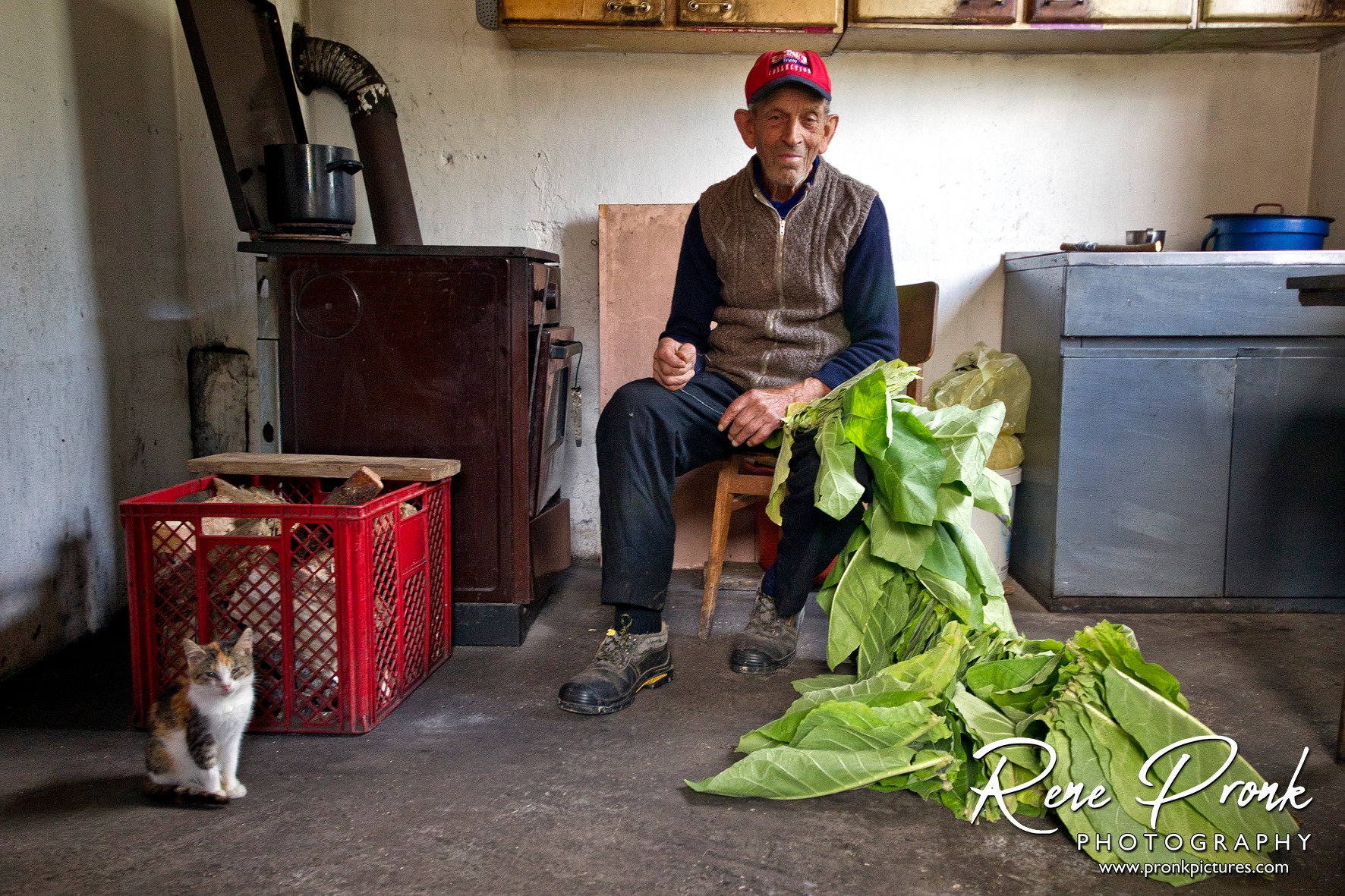
6. Try to smile in Karlovac
Ever tried doing your shopping in the city where nobody smiles??? I like to give compliments to those who think their jobs suck and their payment is an understatement for just "surviving" money. I smile at the lady behind the cash register in Konzum. I do give a compliment to that lady who is cleaning the public toilet and leave her some money for a free coffee. Remember, people will soon forget what you have said but your attitude towards them can make a lasting impression. Drop many moments of friendliness in your everyday life in Croatia (especially in Karlovac) and you will be happier too!
7. Find the gold in the rock
I met Milena 8 years ago in a remote village between Karlovac and Slunj. She is of Serb origin and a minority in Croatia. That is also how she felt, how she was treated and how she behaved. Her parents were very poor and she left school without any papers. When I first met her she said that life just did not work out for her and that she was living on the devil's bud. At that moment a beautiful rainbow appeared in the sky. I told her that even the devil's bud had some surprise in store. From that day on things slowly started changing.
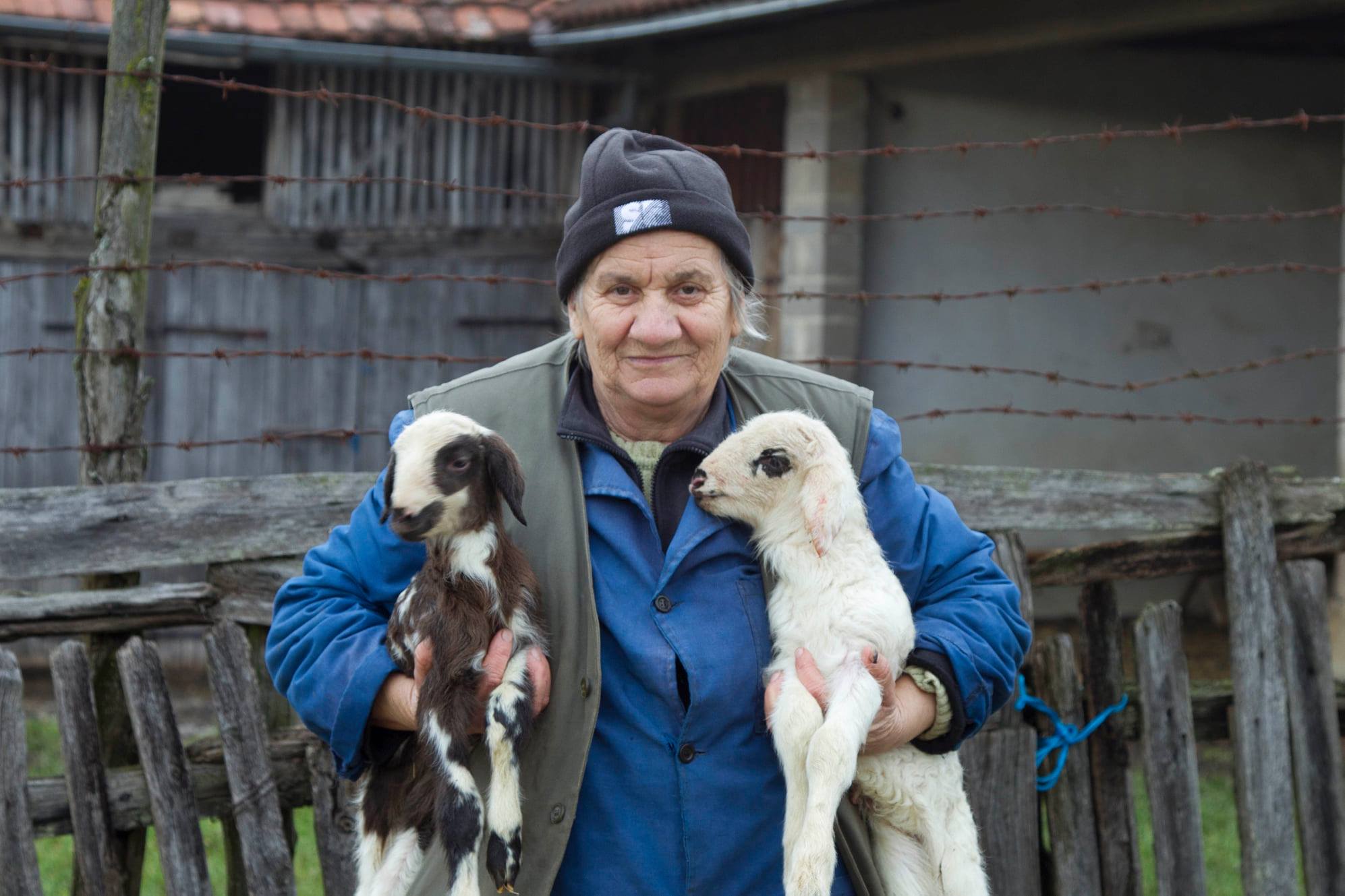
It is extremely hard to try to get people out of poverty. It is not just the circumstances that need a reset but also the mindset of those in poverty and the problem of the absence of friends and coaches. I offered Milena a job as a volunteer in our foundation. She did many of our translations and later on, she ran a small souvenir shop that we started in Slunj. She passed her driver's licence and we were able through the help of people in the Netherlands to improve her living conditions and get her a small car. I told her that I believed in her and so many coaching and buddy conversations were shared between us. Nowadays she is the manager of several stores as she works for a foreign investor. She runs five of his businesses and she does it well.
The point is... If you feel down because of your circumstances start to dig for gold in the rocks. Be a buddy and coach for someone else who is in much worse circumstances than you are in. It is so easy to hit ourselves against the rocks and even stumble or call the rocks impossible to surrender. But there is gold in many people. There is gold in many Croats. It takes a man or woman of good faith and perseverance to bring the gold to the surface.
8. There is still something good about all the bureaucracy
Now we are getting curious.... Is there anything possibly positive about the paper monster in Croatia? Yes, there is. Thinking back on my life in the Netherlands going to a tax office and trying to meet a real person in that office was a mission impossible. Everything was digitalized. One could only reach them by phone or by mail. There was no such thing as personal contact or making reference to one of the workers that dealt with my case. Not so in Croatia. You can just walk into their offices and if you are lucky and curious even get to know how much tax your next-door neighbor needs to pay this year as papers are always all over the place. My point is very simple. "For every disadvantage, there is an advantage" (Johan Cruijff)
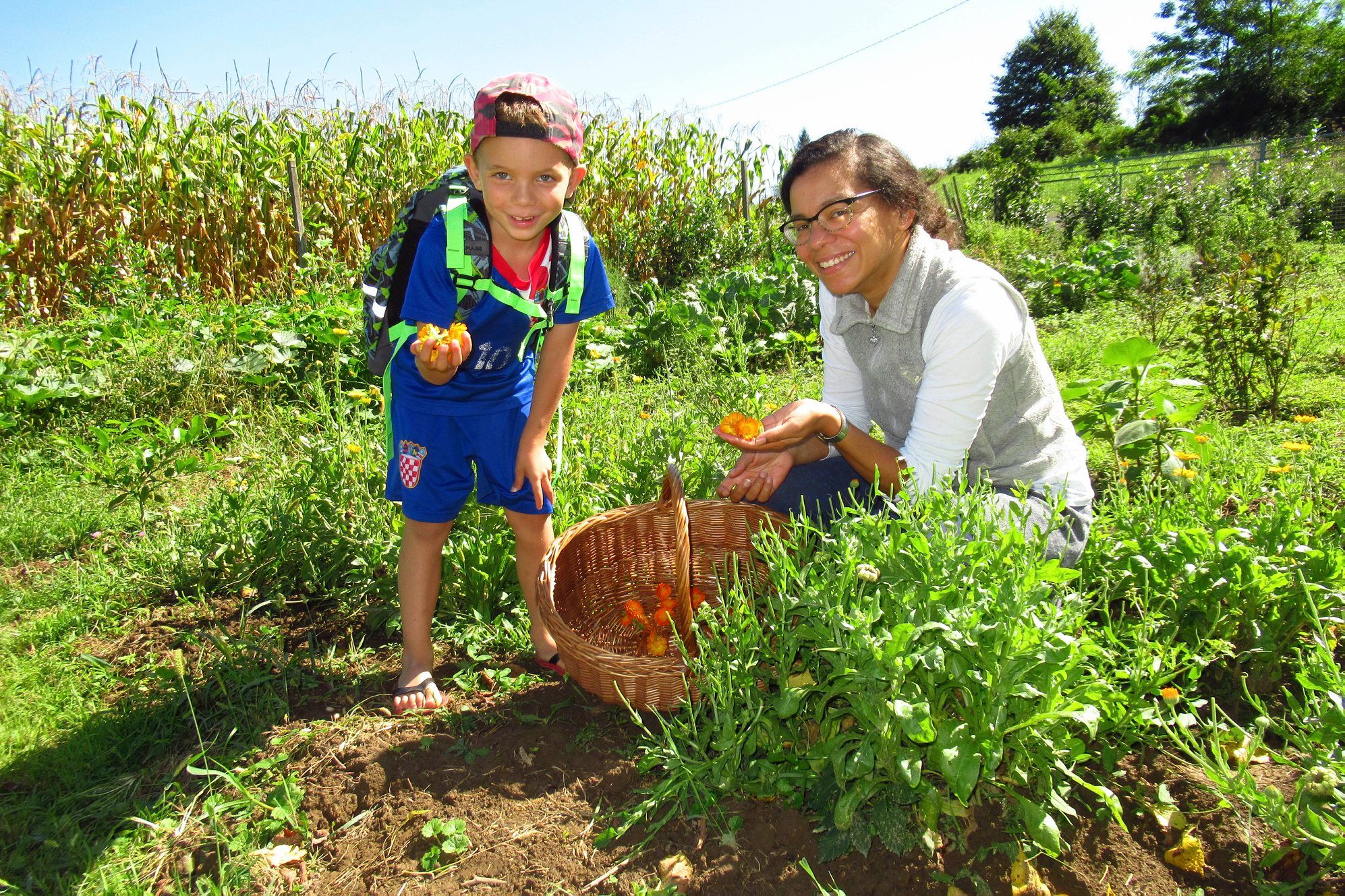
9. Start a garden
One of the greatest things in Croatia is the "domaci" mentality. Croats like homemade and homegrown stuff. So why not indulge ourselves and join that mentality. It is a great antidote for dark and doomy days in Croatia. For seeing our own flowers and veggies growing makes us thankful and patient. It teaches us to adjust to the rhythms of the season. I start my daily routine in my garden every morning when I wake up. Just see what is growing and take on that grateful attitude. Never take it for granted.
10. Positivity attracts the right people and the right opportunities.
Do not try to convince people whose mindset is set to misunderstanding you. Do not try too hard to let the "die-hard negativist" think differently. Better ignore them or make them smile. If people think Croatia sucks, just let them think and talk that way. They are probably looking for an excuse for their lack of creativity and their own personal failure. The more positive we will speak, think and act the more positive people and circumstances we will attract. In the end, the wrong people will leave our lives as they cannot stand the atmosphere around us. Eventually, we will find ourselves surrounded by the right and positive people who can really contribute to our goals and dreams and to a better and more positive Croatia.
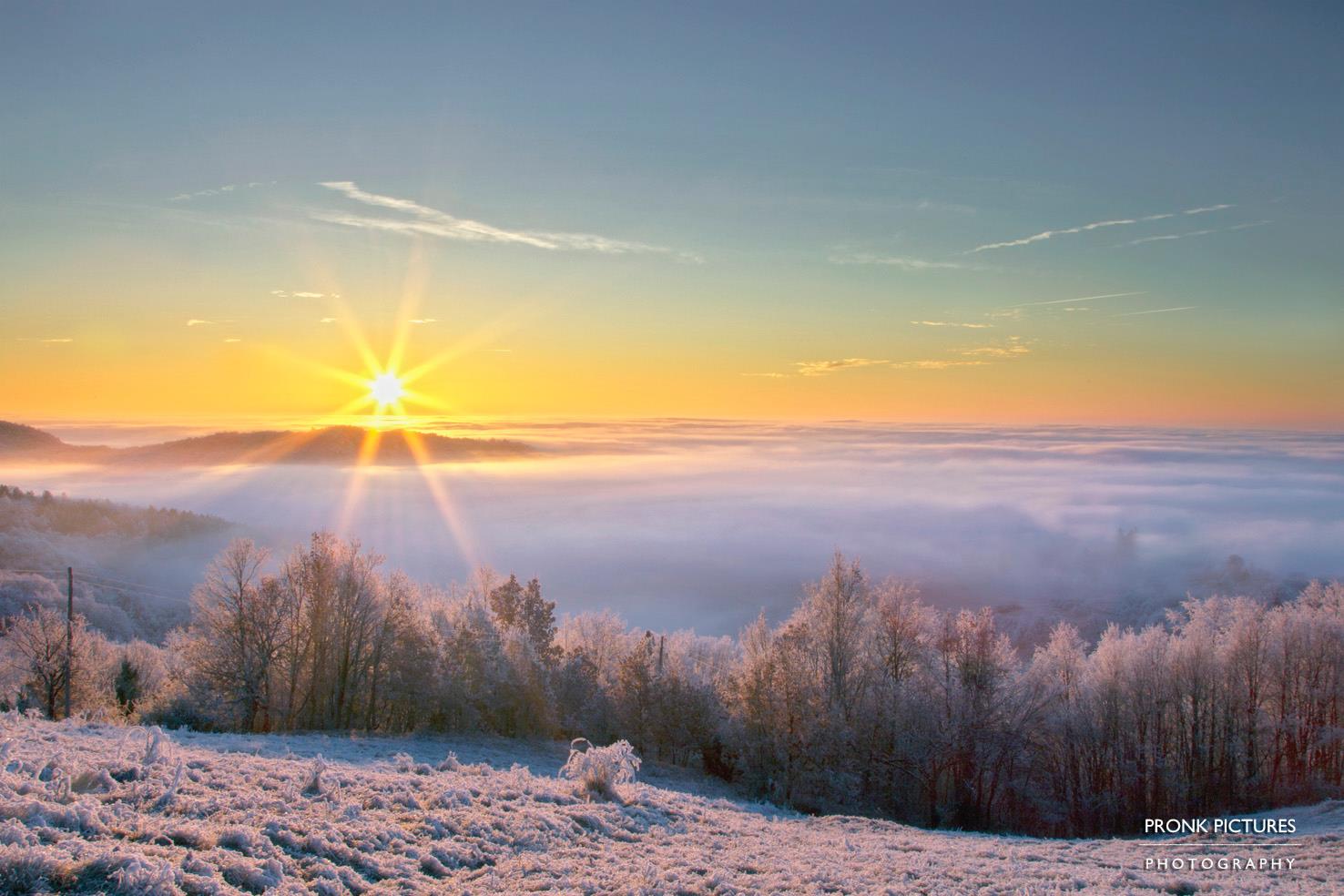
Now enjoy another positive experience - Rene's wonderful photography documenting the beauty of rural Croatia.
What Happens When a Foreigner Writes Positively about Living in Croatia?
February 6, 2021 - Is it possible to be a foreigner living in Croatia with a positive experience if you are not a millionaire or running away from something at home? What happened when a contented Dutchman wrote about 20 reasons why Croatia is a great place to live.
The longer I live here, the more I begin to understand things (although it would take a foreigner ten lifetimes to completely understand all the quirks of living in Croatia). Once I came out of my happy Hvar tourism bubble and figured out more or less how Croatia works, I could better understand why locals were so skeptical of enthusiastic foreigners talking about Croatia as the best place to live. Easy to say if you are living on the coast with access to Daddy's credit card, with no understanding of the daily grind people go through here to survive.
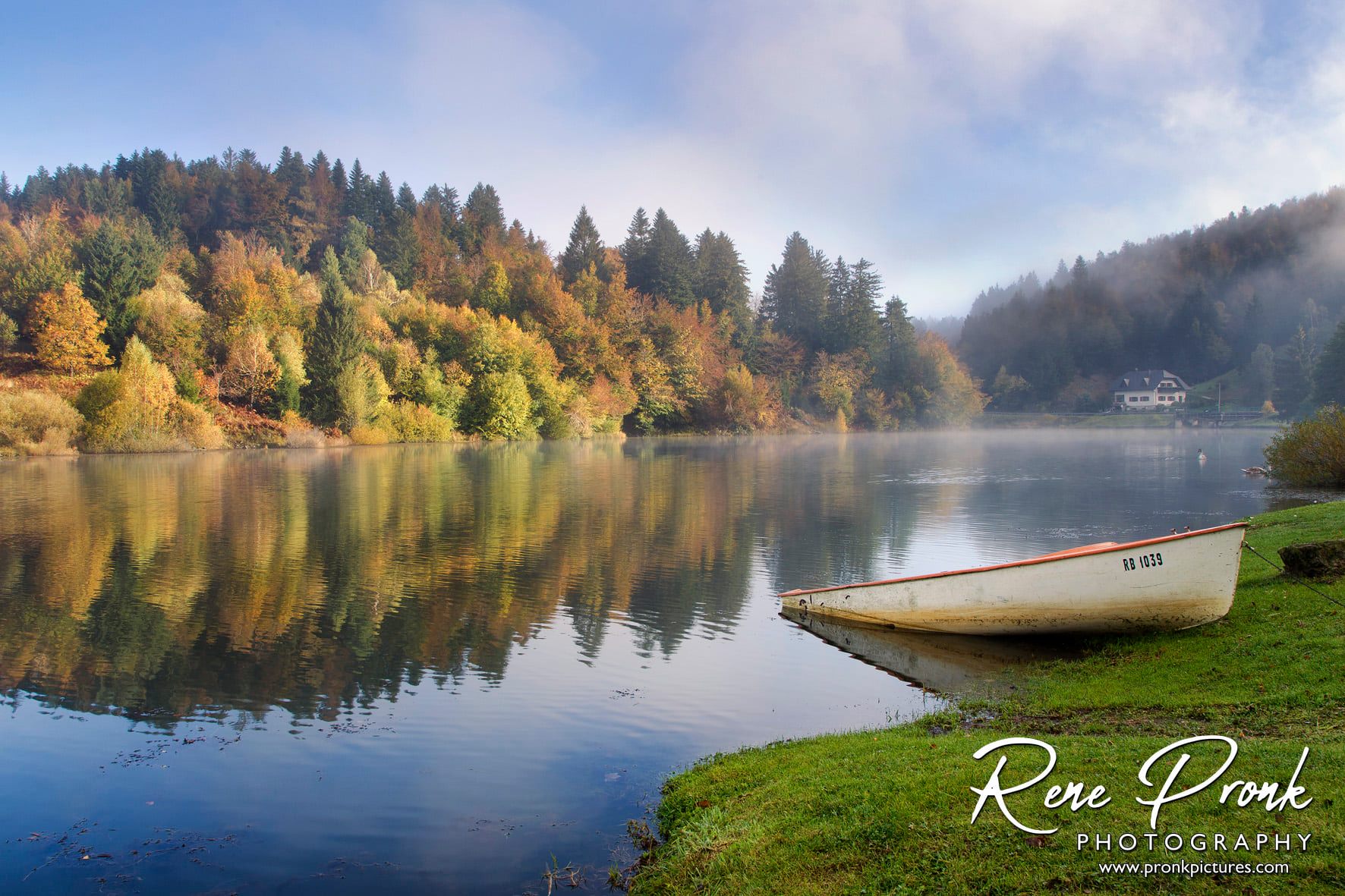
The majority of foreigners simply do not get even close to the true Croatian experience, and many are often surprised that so many young Croats are emigrating. It took me about 15 years living here until I fully grasped the true picture of the realities of living in Croatia. Which might seem a long time, but it probably not, and not that many foreigners stick around that long to figure things out. As I wrote a couple of years ago, there are 3 Stages of Learning for Foreigners in Croatia: Love, Hate & Nirvana.
The standard response to a foreigner talking positively about living in Croatia is almost always dismissive. It is easy to enjoy life in Croatia if you have millions, or there must be a suspicious reason why the foreigner has chosen to live here when all are emigrating - clearly they are running from something back home.
I am genuinely in awe of the creativity of all the theories I have read about my status here in Croatia, and the reasons for me moving here and deciding to stay. Apparently I am retired and independently weatlhy, was forced to leave the UK, and I run at least 8 of the major intelligence agencies including the CIA, FSB and Mossad.
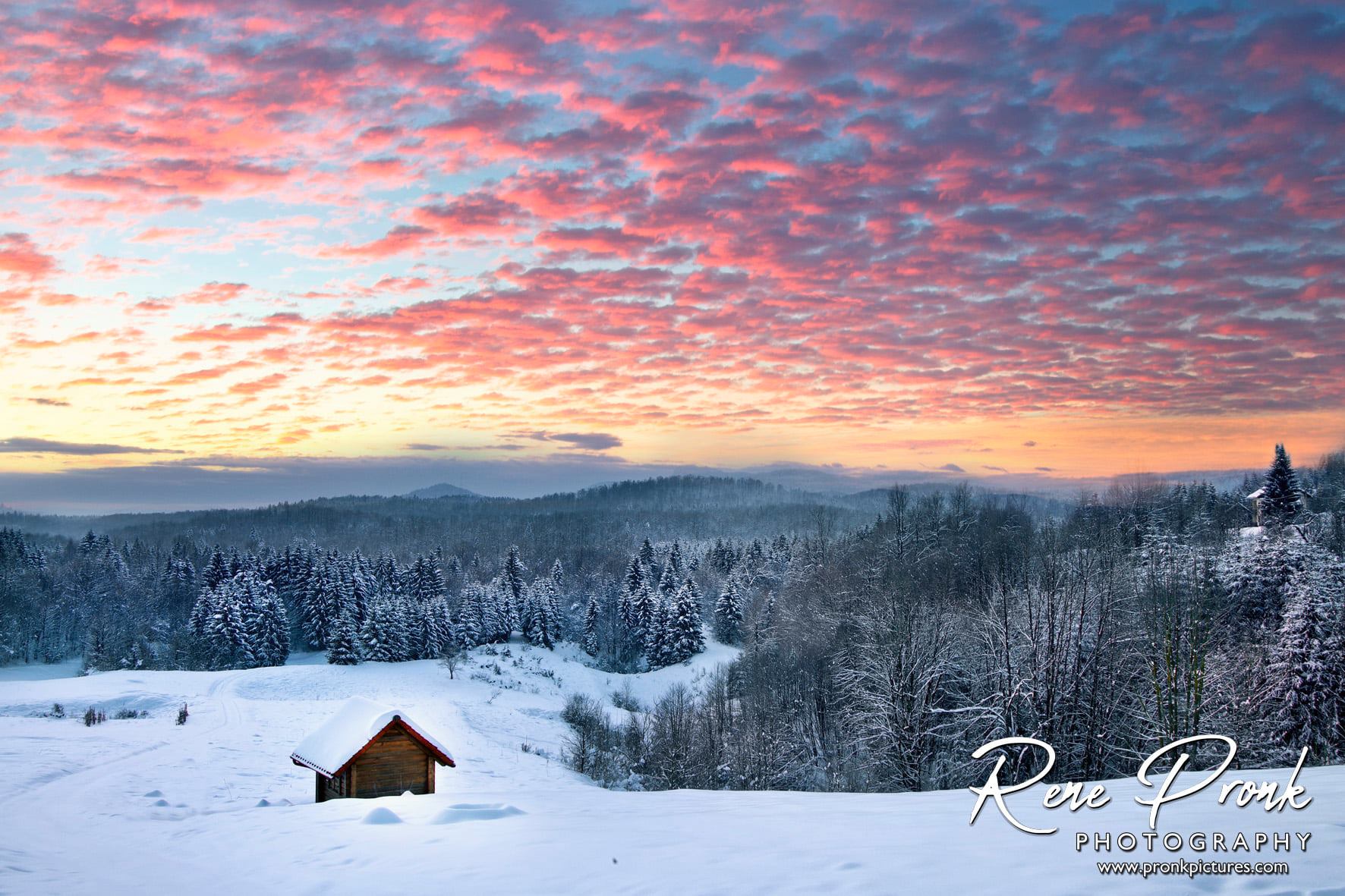
The possibility that I decided to leave my own country for a different experience, buy a house on one of the world's most beautiful islands as a base, then meet my future wife on that island and decide to live and work in a country with an incredible lifestyle, start my own business and work harder than I ever had before to support that lifestyle, is simply impossible.
For it doesn't fit the narrative many people have framed about living in Croatia.
A couple of days ago, I did an article about a Dutchman who has lived in rural Croatia for almost 8 years with his family. Although I have yet to meet Rene Pronk in person, he sounds like one of the most contented people in this country, and his article 20 Reasons Why Croatia is the Best Place for Living gave some insights into why he is such a happy man.
It didn't take long for the reaction to come.
Was Rene running away from something back home? Was he fabulously wealthy and could live independently forever? What were his suspicious motives for moving to Croatia?
I decided to ask him.
This was his reply.
During the civil war in Croatia I was able to visit the country a few times. At that time I was working for a humanitarian relief organisation and we organized regular transports of goods bound for Zagreb. That was way back in the early nineties.
It wasn't until 2003 that I had the possibility to go back to Croatia. I had purchased myself a small mobile home (caravan) and I decided to cruise the countryside of Slavonia. In expectancy of finding a campsite, I quickly got disillusioned. I ended up in a little village called Cigoc the European stork village. I was introduced to Bosnian families who fled the terror of war in their own land. They told me about their dream to build an old traditional wooden guest house. I helped them write their business plan and started to collect micro credits for this project. In 2008 the place called Tradicije Cigoc was opened and it became one of the first successful rural tourist attractions in continental Croatia. Ever since that time I fell in love with this country. In spite of all the problems with bureaucracy and some jealous people in that village, a dream was born in my heart.
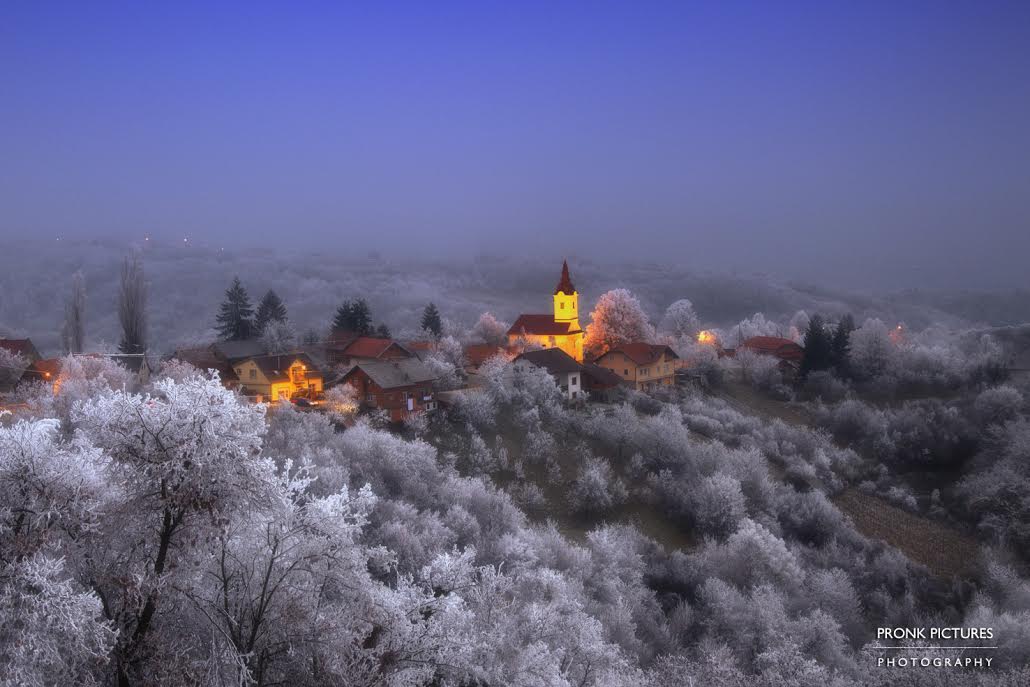
When I got married in 2011 with my wife Helga we started to talk about a future abroad. My wife lived in many countries all around the globe and has a degree in the Russian and German language. She works as a translator and an online teacher. I wanted to develop myself more and more as a photographer. My wife had a preference to move to Ukraine but a war broke out in 2012 so we decided we would move to Croatia. We both had savings and sold our house in Germany, where we lived in those days. We could live a couple of years from our reserves.
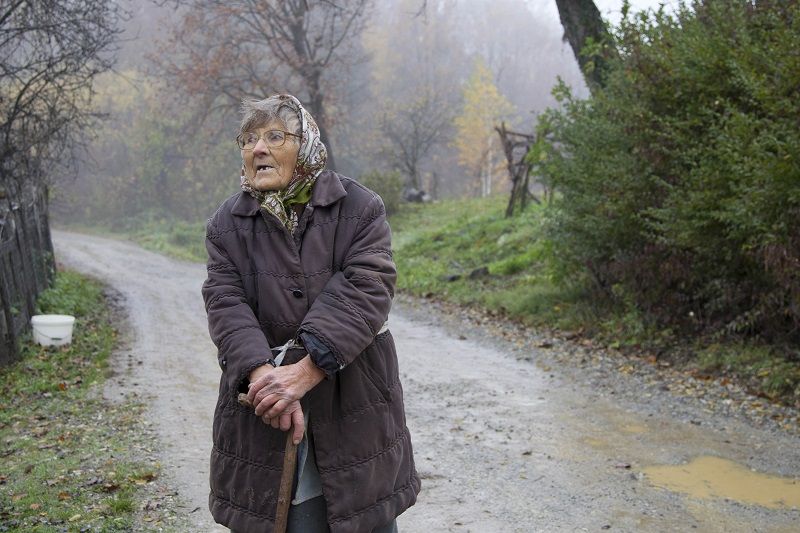
Our ambition has always been to provide for our own income. I started working as a photographer and my wife as a translator and teacher. We also tried a souvenir shop in Slunj and cooperate with several hotels and National Parks that sell my photo souvenirs. We also started a humanitarian relief foundation that is focused on helping the isolated elderly people in Croatia (you can read this TCN feature story from a few years ago - Who Helps Croatia's Lonely, Isolated Old People? Meet Proplan from Holland.
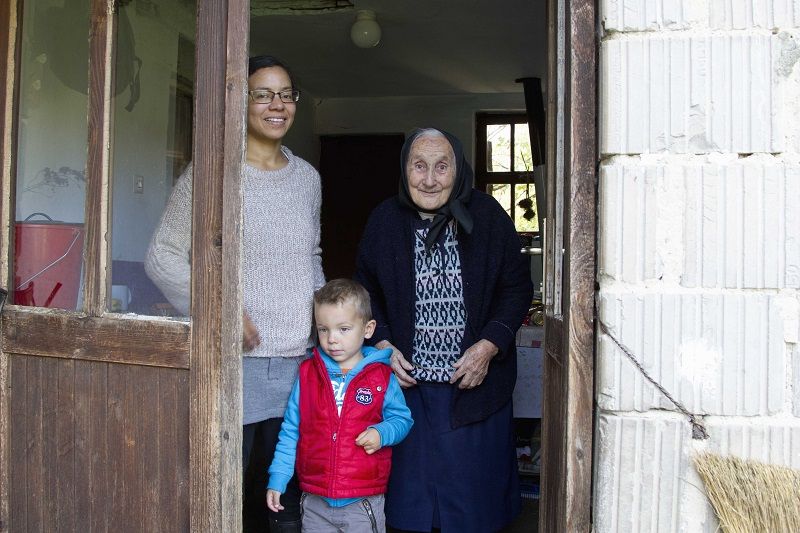
(Rene's wife and son visiting the isolated elderly in 2017)
We rent a holiday house in Samobor that we are now putting for sale. For four years we tried to develop a village tourism project in a lovely little village in the Zumberak Nature Park. Four years ago we came to the conclusion this would cost us another 20 years before all paperwork was realized so we sold that place and moved to Bosiljevo. Slowly but surely I am working here on accommodation for guests and a place for lectures and workshops.
This is where we live now and where I run my art gallery.
I know the common complaint of many Croats is that foreigner owns more money and for them, life is easier. I worked hard all my life and haven't slowed down. We earn less money than in Holland but have a much better and fulfilled life here. We came across many obstacles in this country and dealt with bureaucracy, jealousy and corruption. But we still love to live here. If you want I can write you how I deal with the negativity default in this country. There is a vaccine for the negativity virus and those who train themselves become immune for this virus.
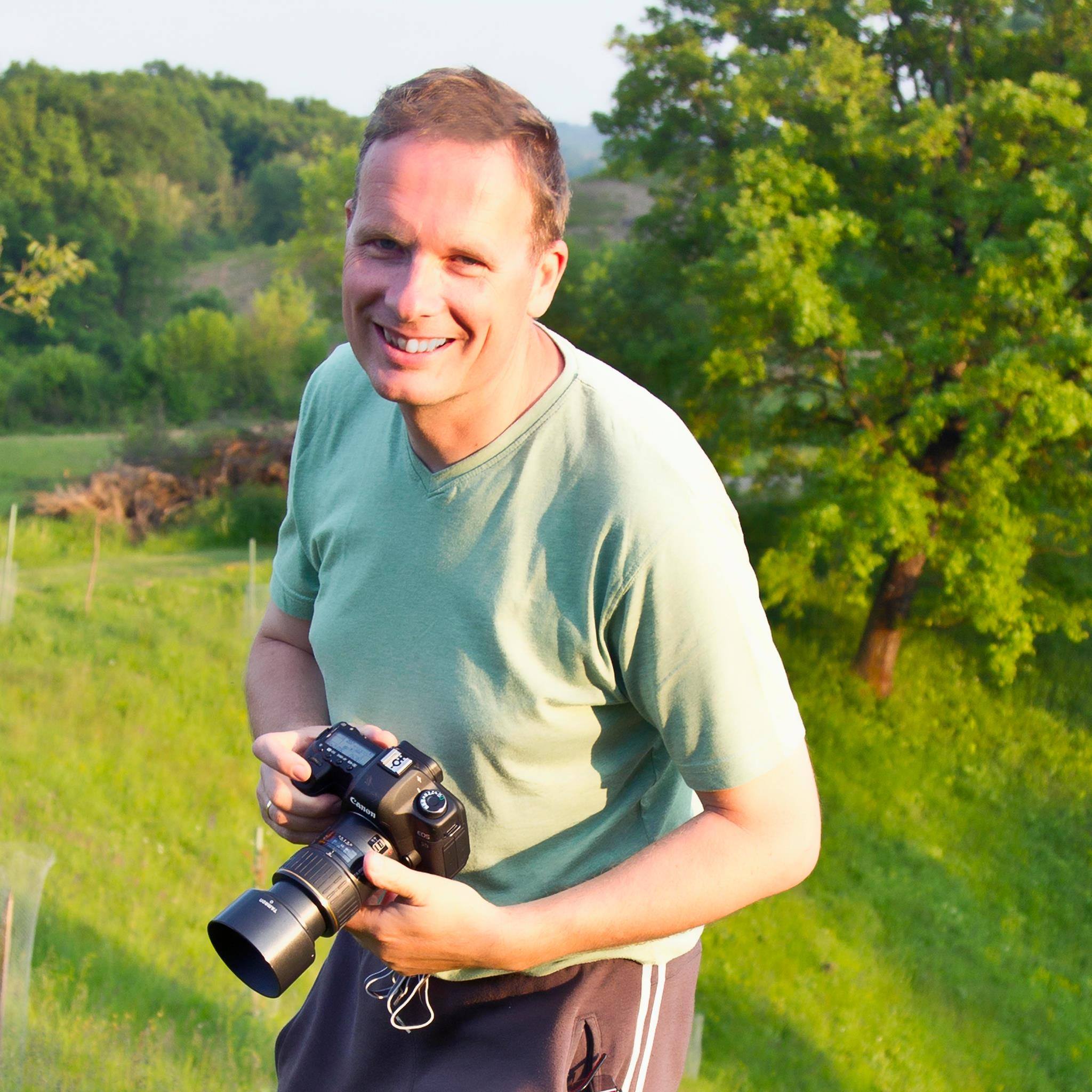
A vaccine against Croatian negativity, that sounds fantastic. As does living in Croatia, working hard with and for the community, and enjoying the fabulous Croatian lifestyle. It may sound impossible to believe, but I can confirm that - despite its MANY problems - living in Croatia, for all the reasons Rene described and more, really is better than most places. And if we could roll out Rene's vaccine and inject a little more positivity, it would be even better still.
You can learn more about Rene and his life here from this TCN interview a few years ago - From the Netherlands to Nature Park Žumberak: Meet Humanitarian and Photographer René Pronk.
You can learn more about Rene's work and offer on his Pronk Pictures website.
Injecting Positivity into the Default Negative Croatian Mindset
Dutchman in Pribanjci: 20 Reasons Croatia Best Place to Live
February 2, 2021 - Croatia best place to live? Really?!? One very contented Dutchman in Pribanjci thinks so, for 20 reasons and more.
One of the things I have really enjoyed over the last ten years with the Total Project has been getting to know people from all over the country, from all works of life, and with all kinds of interests. Croatia truly is a fascinating place to get to know up close once you get past the beaches and the Adriatic that is as far as many tourists get.
Because we write about a wide range of topics in English, we are often contacted by foreigners in rather obscure places, some of whom seem to be completely off the radar. Some of them I have gone on to meet and they have become friends, others I have yet to meet in person, but social media keeps us in touch.
There is a Dutchman in Karlovac County called Rene Pronk, who fits into the latter category. Rene has been living in rural Croatia for almost 8 years and is one bundle of positivity about life here. He is also an outstanding photogapher, and his wonderful depictions of life and scenes from rural Croatia and always a welcome sight in my feed as a brief respite from all the negativity that comes with running a news portal in Croatia.
And, as most of the articles online at the moment are tales of corona, earthquakes, economic unrest and protest, a nice little addition again from Rene today, and a timely reminder that perspective is an important thing.
And from the perspective of life as a Dutchman in rural Pribanjci, close to the Bosiljevo highway exit, life is very good indeed. So much so, in fact, that Rene came up with 20 - actually 21 - reasons why Croatia is the best place to live. How many of them do you agree with?
Croatia has such a great quality of life. The slow pace, the amazing landscapes, the generous people….just to name a few. I would like to share this top 20 of some great advantages of living in Croatia. Read more...
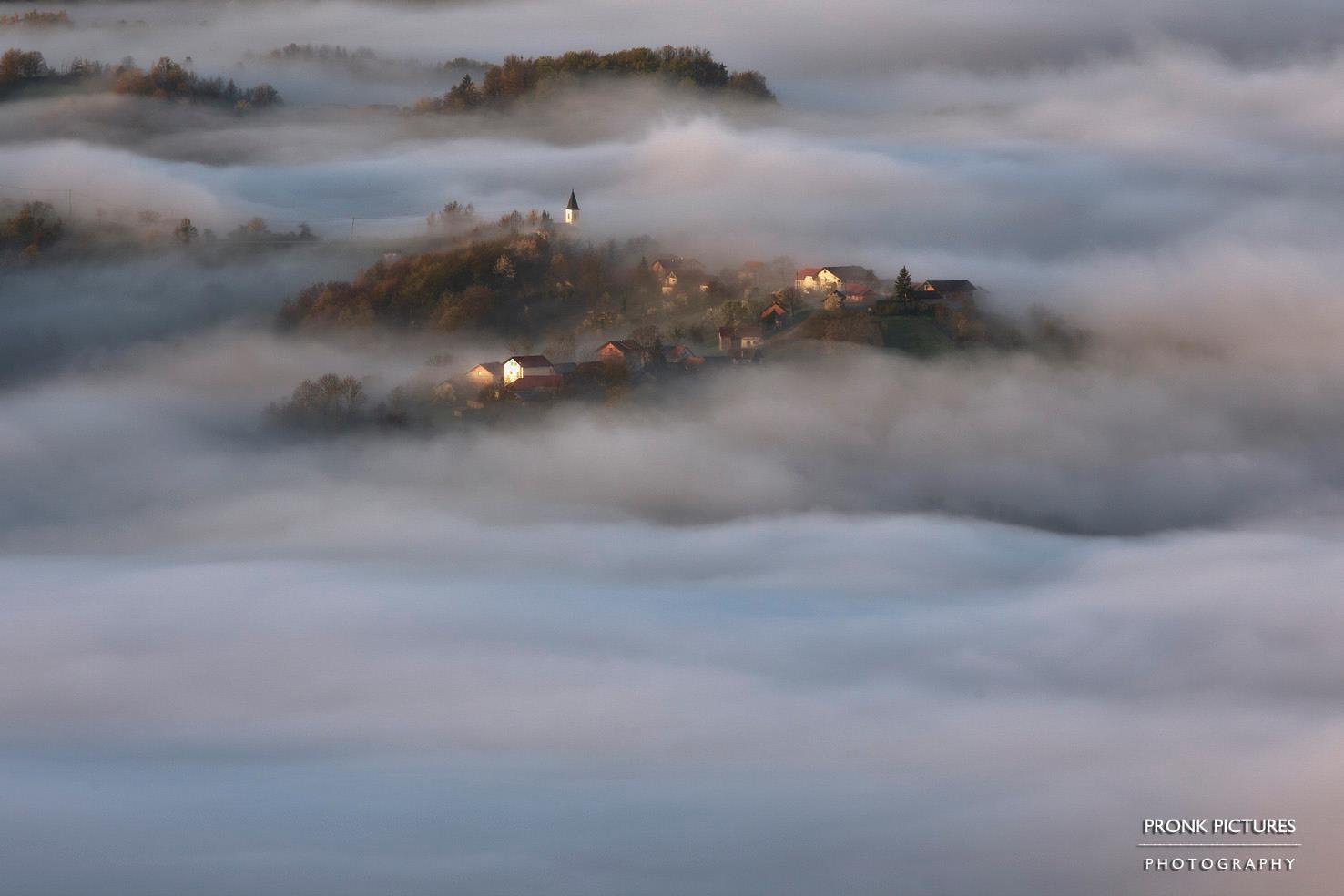
Wooden Churches of Pokupsko: New Insights into Continental Croatia
October 21, 2020 - From the wooden churches of Pokupsko to the source of the Gacka river, a great new perspective of continental Croatia through the lens of Dutch resident Rene Pronk.
The most talked-about foreigner in Croatia at the moment is a Dutchman, Jan de Jong. From his spearheading the introduction of the digital nomad visa to plans to introduce Dutch technology to revive agriculture in northern Croatia, Jan is spreading his brand of positivity all over the country. But he is not the only Dutch resident doing incredible things here. There are others working in different fields away from the spotlight.
Among them is a man who is high on my list to finally meet, but time has been the enemy. Rene Pronk is a Dutchman who has been living with his family for years in rural Croatia, and if his life is even 10% of his Facebook posts, then he must be a very contented man indeed.
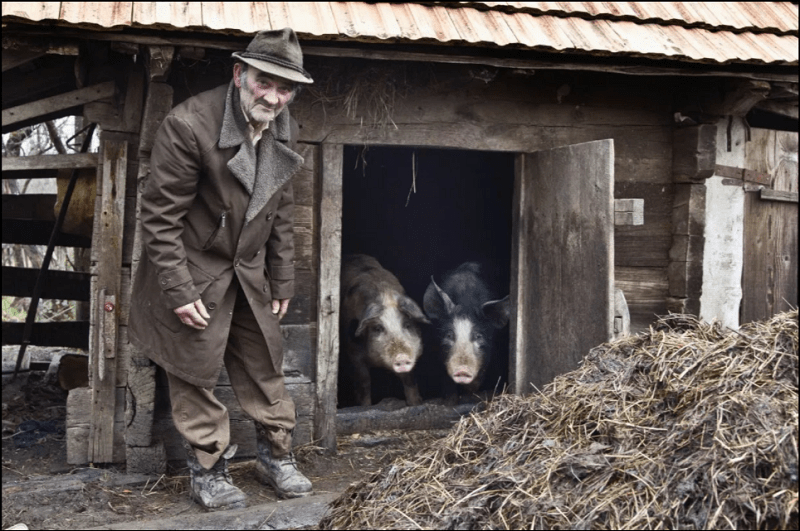
I first came across him about three years ago, and one of the first things I learned about Rene was his incredible NGO, Proplan, which is raising money in the Netherlands to help the old, isolated people in Croatia, who live alone, often without basic utilities, where loneliness is an even bigger enemy than hunger and the cold. Rene, his family and volunteer team, do incredible work to bring some comfort and hope to these old people, and they are often the only human contact they encounter. Read more in the article I wrote a few years ago - Who Helps Croatia's Lonely, Isolated Old People? Meet Proplan from Holland.
One of the most striking things about that article were the fabulous photos that Rene took of some of the people he was helping. He is an outstanding photographer, and I always enjoy his early morning landscape shots in the mist from different parts of continental Croatia in my Facebook feed.
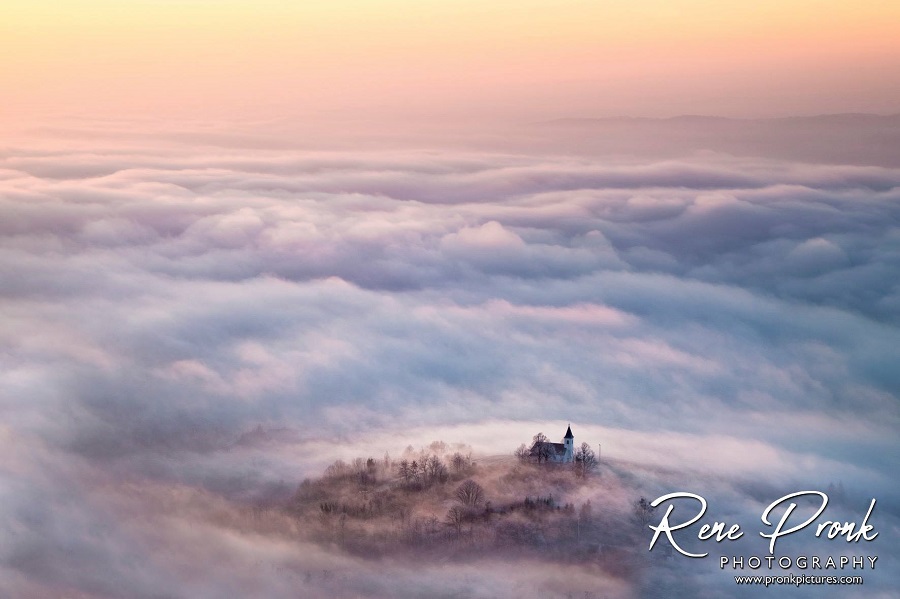
I was delighted to learn yesterday that Rene has started a new blog highlighting some of the lesser-known parts of continental Croatia, accompanied by some of his magnificent photography.
Although there are only a few articles up at the moment, I have already learned a lot about places I had never heard of, including the wooden churches of Pokupsko in Zagreb County, complete with day tour itinerary.
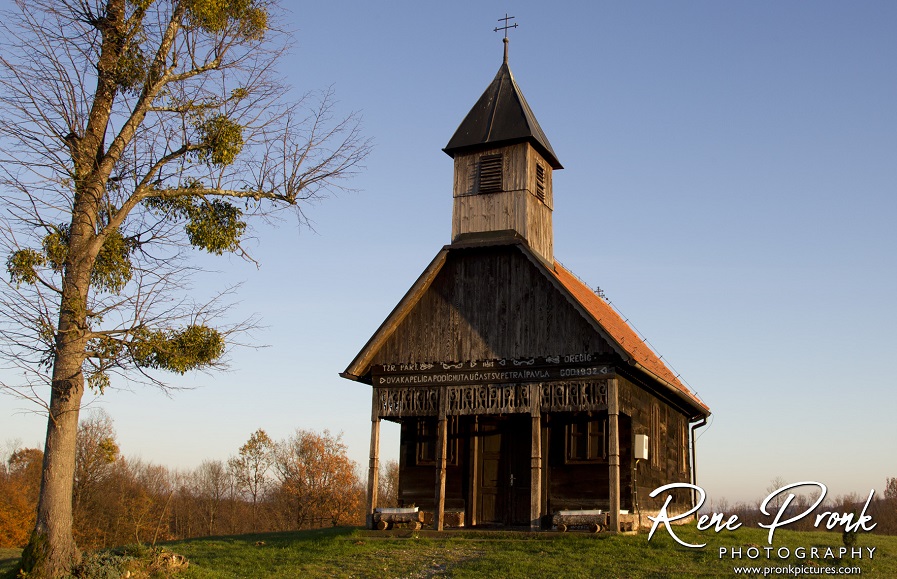
Continental Croatia needs a lot more promotion, and if the early blogs are anything to go by, Rene's eye is likely to take us in directions and locations other tourism promotion media overlook. So if you are interested in the beauty of the Croatian Road Less Travelled, I encourage you to have a look.
The blog is called Pure Croatia, and you can check it out here.
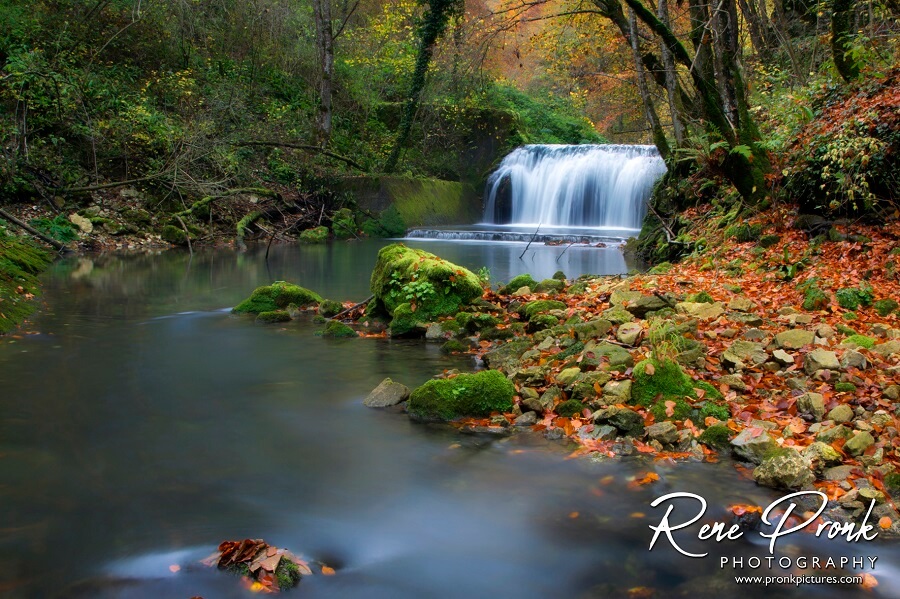
Slapnica Nature Reserve.
Foreigners Self-Isolating in Croatia: Do You Feel Safer? Rene from Holland in Zumberak
April 2, 2020 - Do foreigners in Croatia feel more or less safe sitting out COVID-19 here than in their home country, and what are their experiences? A new series on TCN, with Rene Pronk from Holland in Zumberak as our 15th contributor.
Oxford University recently published some research on government responses to coronavirus which showed that Croatia currently has the strictest measures in the world. While inconvenient, this is a good thing in terms of reducing the spread of the virus, and I am certainly not alone in my admiration of the official Croatian handling of this crisis in recent weeks, both in terms of action and communication.
But what do other expats here think? And how does it compare with the response in their home country? Would they rather sit this one out here or there? In the first of a new series on TCN, we will be featuring expats from all over the world to see what their views are on life in corona Croatia rather than back home. So far we have heard from expats in Croatia from Romania, USA, Ireland, UK, Mexico, Argentina, Spain, Singapore, Canada and Germany. Next up, Rene Pronk from Holland, who lives in Zumberak.
If you would like to contribute to this series, full details are below. Now, over to Rene.

Firstly, how are you? Are you alone/with someone? Tell us a little about your situation and sanity levels.
We are happy, healthy and hopeful. I am with my wife, my son, the cat and the dog and nowadays more wild pigs coming to our land than some weeks ago. Thank God for social media these days. We stay in contact with many friends all over the world and feel very blessed at this moment to be Croatia-based. I am a bit worried about the Dutch approach to this pandemic. The Netherlands is where my parents reside, and my mum is very fragile at her age.
What do you think about the economic measures the government is taking, are they helping your business?
Ever since day one of our arrival in Croatia we have just been paying. So I will be surprised if there is something in store for us. I am satisfied with Mr. Plenkovic, he seems a calm and trustful man. We still have income from rents and some online sales. It is not enough but we can get by for a couple of months. My photo tourism business is down. All my photo tours are cancelled and so is the accommodation. But my main concern is for the many hard-working entrepreneurs in Croatia. Many of them have no cash reserves and live on credit. The situation can last for a couple of more weeks but then shops have to re-open with strict safety measures of course. I found some great online shops of Croatian origin and I hope they do good business right now I buy from them for I want to support Croatia wherever I can.
When did you realise that corona was going to be a big issue?
It was on February 16 when I was on a Ryanair flight back from Thessaloniki to Bratislava. Everybody was wearing mouth caps and awful reports from Italy were starting to come in.
What is your impression of the way Croatia is dealing with the crisis? How safe do you feel?
Information is always hard to find in Croatia and it is always multi-interpretable. This time it is like I suddenly woke up in a different world. And that is not because of the lockdown. The information is so accurate. The stozer team is so calm, self-assured and they sail us right along the dangerous rocks in this ocean of uncertainty. I cannot think of a safer and better country to live in right now. We feel much safer than our family and friends in the Netherland where the IC units have reached their full capacity. But we also live in a village. And people here are used to live with the seasons, the weather and the wars. They just adapt and the impact on them seems not as catastrophic as for the urban Dutchman whose trust was in his wealth and economy alone.
Furthermore, I am a praying and meditating person. So my safety does not depend on the circumstances around me.
Now compare that to your home country and how they are handling it. What is Croatia doing better/worse?
I really do not like the ban they put on travelling. I am a photographer and I want to be out there when the sun comes up, near the river or on a hilltop. I cannot leave my village and that is kind of frustrating, especially now that Spring is coming. I run a humanitarian organization and I am not allowed to visit Croatia’s most poor and lonely people in the remote areas. I do not blame the government, for they cannot make an exception for me. But this ban has to be lifted soon. It is a basic freedom principle that people still have in the Netherlands to travel. Croatia does not have a “business climate” so this time it works in its favour... The government really is doing their job well and protects us from evil. Shopping centers are turned into emergency centers and the measures to spread the virus are very strict. Yes they do a good job. But let’s see in a few months if this was really all worth it. Let’s also see how the virus develops as it might lose its strength in due course.
What about official communications from the authorities, compared to your home country?
The viber app is great. As I said the communication surprises me as getting information in the Netherlands is really taken for granted. Not so in Croatia. That is different this time. So I hope that the information virus spreads to many of the clerks after this Corona is over.
What's the one thing you wish you had taken with you into self-isolation.
We are pretty much used to a self-sustainable lifestyle. So we are ok. My son is at home so I do a lot of creative activities with him in addition to homeschooling. But even the wood glue and some tools I could order online. So there is nothing I really miss at the moment.
One thing you have learned about yourself, and one thing you have learned about others during this crisis.
I have learned to remain thankful even more. If the big world is no longer accessible for you and you cannot go where you like to go the garden suddenly becomes a friendly paradise. Birds still whistle, the dog wants to play, the flowers grow, the butterflies fly, the seeds are sown, the beautiful Kupa river invites me to just sit and relax. It is all there but you take it for granted and yearn for more spectacular pictures. I did not appreciate it that much as I do now.
Today I ordered flower seeds besides the veggie ones. Let’s plant a flower garden and make it even more beautiful. I have browsed too many of my pictures lately. Croatia is a paradise. What a beautiful country. It is a time for reminiscing without getting melancholic.
What I learned from the Croats that they are a calm nation unlike the Dutch. The Dutch still have the freedom to travel. They can still export a lot of their food and goods but they are all the time speaking about a crisis. Here we are so dependent on tourism. So I feel that the repercussions of this lockdown for Croatia will be far worse but more easily accepted.
Croatia has been through so many stages and seasons. We will battle this one and become stronger than before. I hope we will focus more on quality tourism and see ourselves as a green lung and paradise in Europe. I hope we will see beyond the crisis and reach our potential, which is huge. I even think that many people in Western Europe that went panic shopping will maybe begin to think about a better life with a little piece of land that can supply most of their own food. Perhaps in Croatia.
Thanks Rene, stay safe and see you on the other side.
TCN is starting a new feature series on foreign experiences of sitting out covid-19 here in Croatia compared to their home country. If you would like to contribute, the questions are below. Please also include a para about yourself and where you are from, and a link to your website if you would like. Please also send 3-4 photos minimum to This email address is being protected from spambots. You need JavaScript enabled to view it. Subject Corona Foreigner
If you would be interested to record a video version for our partners www.rplus.video please let us know in the email. Thanks and stay safe.
Foreigners Self-Isolating in Croatia: Do You Feel Safer Than in Your Home Country?
Firstly, how are you? Are you alone/with someone? Tell us a little about your situation and sanity levels.
What do you think about the economic measures the government is taking, are they helping your business? (PLEASE IGNORE IF THIS DOES NOT AFFECT YOU)
When did you realise that corona was going to be a big issue?
What is your impression of the way Croatia is dealing with the crisis? How safe do you feel?
Now compare that to your home country and how they are handling it. What is Croatia doing better/worse?
What about official communications from the authorities, compared to your home country?
What's the one thing you wish you had taken with you into self-isolation.
One thing you have learned about yourself, and one thing you have learned about others during this crisis.
TCN has recently become a partner in Robert Tomic Zuber's new R+ video channel, initially telling stories about corona experiences. You can see the first TCN contribution from this morning, my video from Jelsa talking about the realities of running a news portal in the corona era below. If you would like to also submit a video interview, please find Robert's guidelines below
VIDEO RECORDING GUIDE
The video footage should be recorded so that the cell phone is turned horizontally (landscape mode).
There are several rules for television and video news:- length is not a virtue- a picture speaks more than a thousand words
In short, this would mean that your story should not last more than 90 seconds and that everything you say in the report should be shown by video (for example, if you talk about empty streets, we should see those empty streets, etc.).
How to do it with your cell phone? First, use a selfie camera to record yourself telling your story for about a minute and a half. Ideally, it would be taken in the exterior, except in situations where you are reporting on things in the interior (quarantine, hospital, self-isolation, etc.). Also, when shooting, move freely, make sure everything is not static.
After you have recorded your report, you should capture footage that will tell your story with a picture, such as an earlier example with empty streets.
One of the basic rules of TV journalism is that the story is told in the same way as a journalist with his text. Therefore, we ask you for additional effort. Because we work in a very specific situation, sometimes you may not be able to capture footage for each sentence of the report. In this case, record the details on the streets: people walking, the main features of the city where you live, inscriptions on the windows related to the virus, etc.
The same rules apply if you are shooting a story from your apartment, self-isolation, quarantine. We also need you to capture footage that describes your story.
When shooting frames to cover your reports, it is important that you change the angle of the shot (in other words, shoot that empty street from several angles). Also, when shooting a detail, count at least five seconds before removing the camera to another detail.
The material should be about 5 minutes long (90 seconds of your report + frames to cover your story).
After recording everything, send us to Zagreb, preferably via WeTransfer to This email address is being protected from spambots. You need JavaScript enabled to view it.
From the Netherlands to Nature Park Žumberak: Meet Humanitarian and Photographer René Pronk
René Pronk and his family moved to Croatia via the Netherlands almost four years ago, settling in to the area of Nature Park Žumberak and Samoborsko gorje (Samobors’s surrounding hills). A humanitarian, photograher, and facilitator of good for Nature Park Žumberak, here is René's story.




